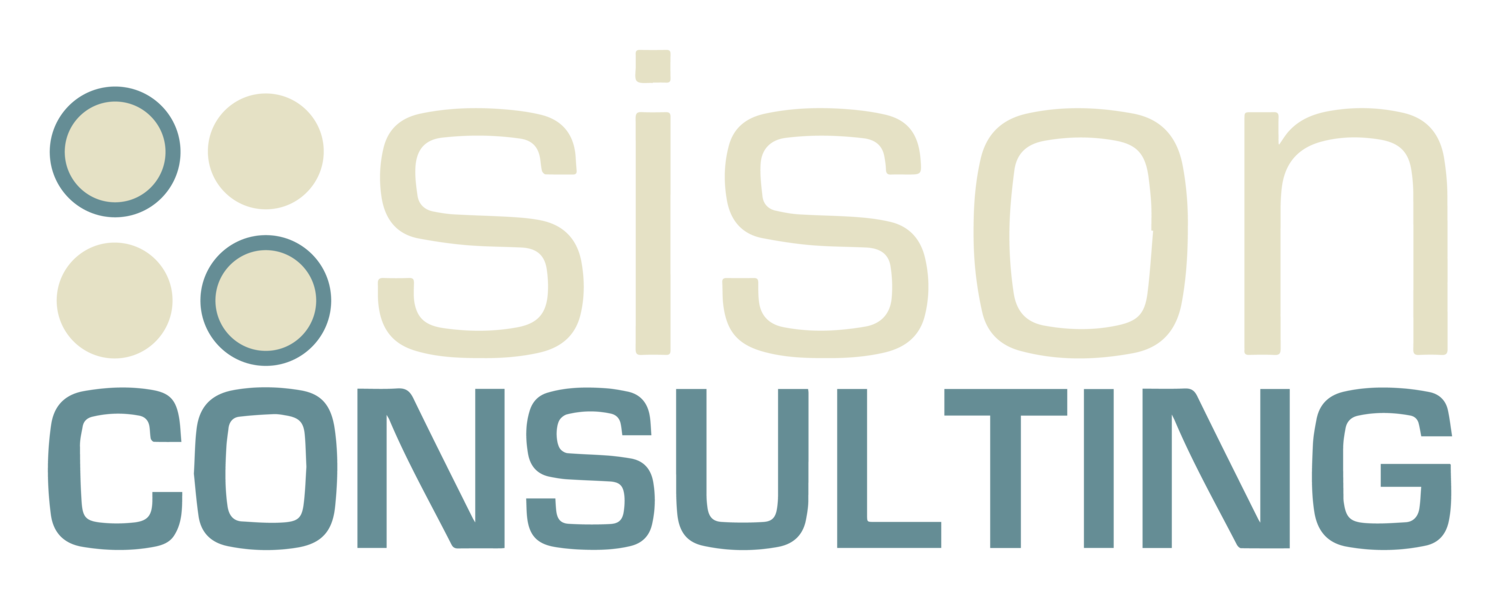5 Behaviors That Eliminate Trust
The importance of maintaining a high-trust corporate environment cannot be understated. As S. Covey has pointed out, when trust is low or non-existent, business processes slow, resulting in high costs and low productivity.
Photo by Medienstürmer on Unsplash
When trust is lost, it cannot be regained without significant effort and time. The destructive power of these trust-eliminating behaviors apply to all levels of an organization from the C-suite to professional contributors.
1: Dishonesty
Lying is absolutely the fastest and most effective way to immediately lose trust. In fact, you can successfully avoid all the other four behaviors and still lose all trust if you are dishonest. Truthfulness forms the fundamental basis of all human communication, and is the essential solid foundation on which all effective social interactions are built. When this is violated, all future interactions are questioned, and trust remains near zero.
Key Takeaway: Josephson said it best: Honesty doesn’t always pay, but dishonesty always costs.
2: Mal-intent
Professionals with good intentions are highly trusted because they always act in the best interests of themselves AND others. You can be honest, but for all the wrong reasons. For instance, you provide blatantly honest negative (but valuable) feedback to a colleague. However, you do it in front of management in an attempt to be seen in a favorable light by your supervisor. Result: Your colleague no longer trusts you.
Key Takeaway: To avoid this mistake, ask yourself, “Are my intentions always good at work.”
3: Unreliability
The most trusted professionals are universally described as reliable. Think about the one individual you trust more than anyone else in the world. Describe that person with a few words. Chances are that some of your words relate to reliability. People say things like, “She is always there for me,” and “I can always depend on him,” about their most trusted person.
On the other hand, unreliable people in the workplace fail to meet deliverables at agreed on times, are late to all meetings, and do returning calls or texts in a timely fashion. The result is loss of trust at all levels.
Key Takeaway: What is your level of reliability?
4: Interrupting
Highly trusted professionals show consistent behavior at work regardless of what is going on in their personal lives. They are predictable, and this consistency engenders a high level of trust. No one wants to worry about the leader or their co-worker’s mood.
Key Takeaway: Is your level of performance totally dependent on how you feel? Or are you consistent regardless of your mood?
5: Technical Incompetence
There are professionals who are affable, honest, dependable, and reliable. And yet they are still not trusted one bit by co-workers and leaders. Why? Because they do not know possess the knowledge and skills necessary to do their jobs.
There is only one cure to this trust-killing behavior – take a course, get the training, and learn what you need to gain competency.
Key Takeaway: Do you feel confident that you know your job? And if you are a leader, do you know enough about the jobs of the people you supervise?








